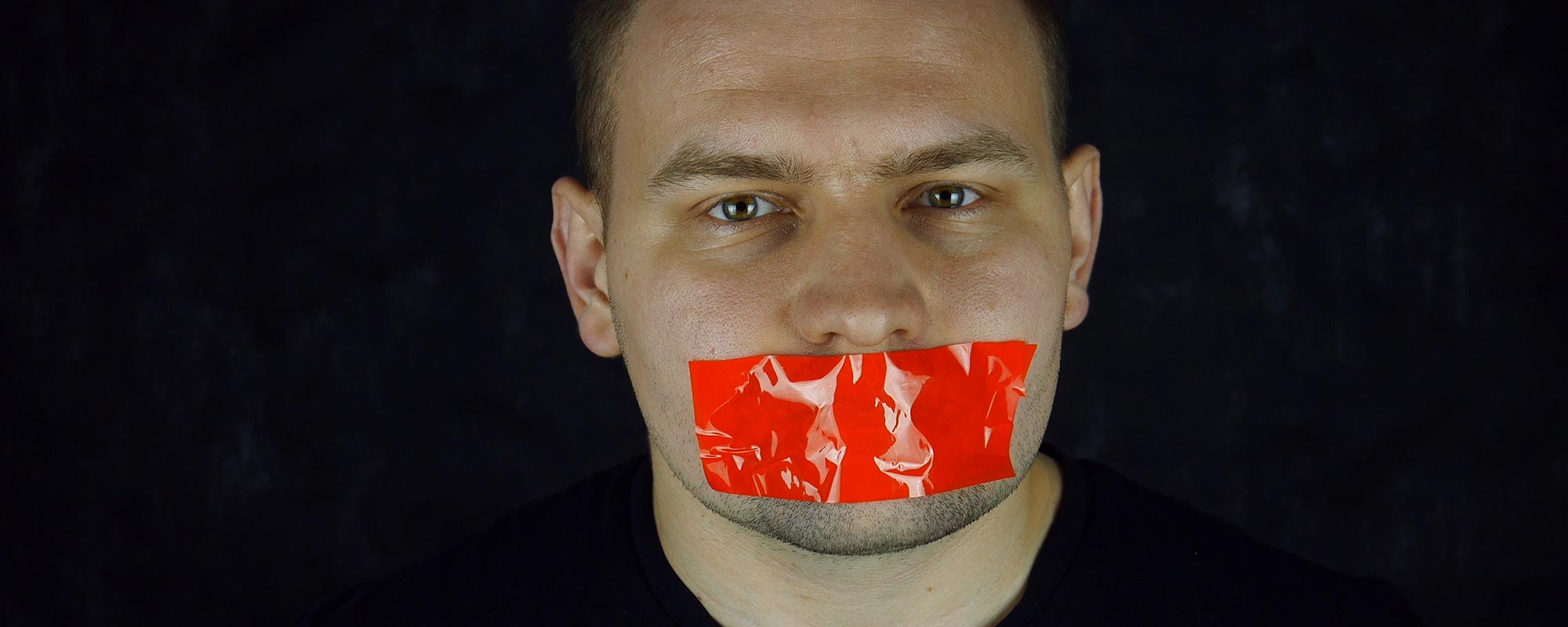The Supreme Court of Canada has released its decision in Ward v. Commission des droits de la personne et des droits de la jeunesse. The majority decision affirms the fundamental importance of freedom of expression and the principle that in a democratic society, there is no right to not be offended. The CCLA is relieved to see that a majority of the Court recognized the need to ensure that limits on expression are drawn in narrow and specific terms. The decision also establishes an approach to claims of discrimination under Quebec’s charter of human rights and freedoms that factors freedom of expression in at an early stage, and does not treat it as merely a defense to otherwise valid claims.
Background
The Ward case centres on a Quebec comedian, Mike Ward, and Jeremy Gabriel. Gabriel has Treacher Collins Syndrome; he was born deaf and with facial deformities and became well-known in Quebec after singing for public figures, including the Pope. Gabriel was the subject of some jokes that Ward had in a comedy routine that focused on “untouchable” Quebec public figures. Gabriel and his mother filed a complaint with Quebec’s Commission des droits de la personne et des droits de la jeunesse, the provincial human rights body that typically deals with discrimination complaints. The Commission took the case to the human rights tribunal which found that Ward’s jokes were discriminatory and violated Gabriel’s right to dignity in a way that was not justified. Gabriel was awarded damages of $35,000.00, which included a punitive damage component. His mother was awarded $7000.00 in damages.
A majority of the Quebec Court of Appeal largely upheld the Tribunal’s decision, but reversed the decision regarding his mother, finding that she was not the subject of discrimination. A dissenting judge would have reversed the Tribunal’s decision, finding no discrimination.
Supreme Court of Canada decision
A five-judge majority of the Supreme Court has allowed the appeal, finding that there was no discrimination in this case. The case was seen by some as a contest between freedom of expression and the right to dignity, but this of course oversimplifies the issues. The CCLA intervened in the case because the decisions below failed to give adequate attention to the role of freedom of expression in understanding the breadth and depth of other rights and remedies that are protected by constitutional and quasi-constitutional documents. The majority in this case affirmed that “limits on freedom of expression are justified where, in a given context, there are serious reasons to fear harm that is sufficiently specific and cannot be prevented by the discernment and critical judgment of the audience.” In this case, the scope of Mr. Gabriel’s right to dignity had to be determined while having regard to the broad protection for free expression in our constitutional system.
It is disconcerting that the four judges dissenting in the case would have found comments made in the context of a comedy routine to be discriminatory and worthy of damages. As the majority notes, this case could have given rise to a claim in defamation, but should not have been the subject of a discrimination finding by the human rights tribunal.
About the Canadian Civil Liberties Association
The CCLA is an independent, non-profit organization with supporters from across the country. Founded in 1964, the CCLA is a national human rights organization committed to defending the rights, dignity, safety, and freedoms of all people in Canada.
For the Media
For further comments, please contact us at media@ccla.org.




